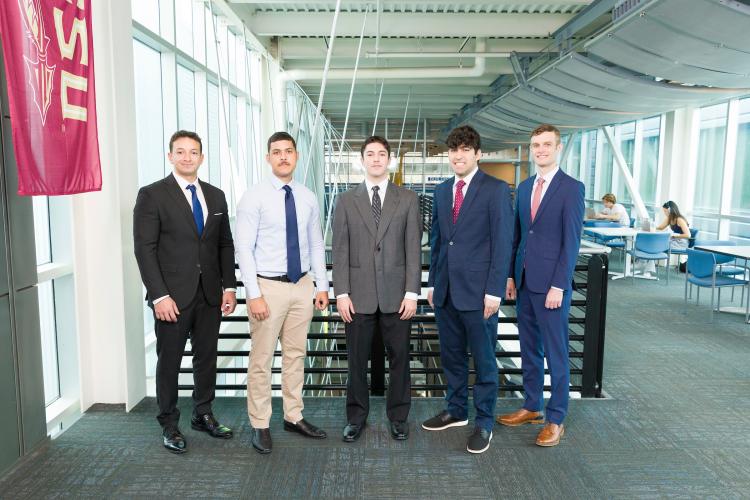
The aviation industry aims to reduce carbon emissions and fuel use to help protect the planet. Electric planes could play a key role in this effort, but they require systems that are lightweight, reliable, and efficient. Our project addresses this by developing a smaller version of a motor designed for electric planes. Using advanced technology, we aimed to create a compact, powerful, and efficient motor to meet the demands of flight.
We chose a permanent magnet motor for its strength, reliability and energy efficiency. The motor consists of several key parts, including a stator with hand-wound copper wires, a rotor with permanent magnets, a metal crankshaft and a frame to hold everything together. To ensure the motor performs well, we’ve incorporated sensors and a control system that adjusts its strength and speed. We also use 3D printing to manufacture many motor parts, which makes it lighter and allows us to customize component placement for better cooling and performance. Special 3D printing materials were selected to meet the motor’s lightweight and strong needs.
This motor demonstrates how electric motors could work in planes. Our project lays the foundation for future electric plane models by solving key design challenges. We’ll conduct tests to evaluate the motor’s performance, providing valuable insights into its efficiency and reliability.
Our work highlights the important role of engineering in advancing aviation. By developing high-efficiency motors, we hope to contribute to making electric planes a reality, leading to a cleaner future for air travel.
